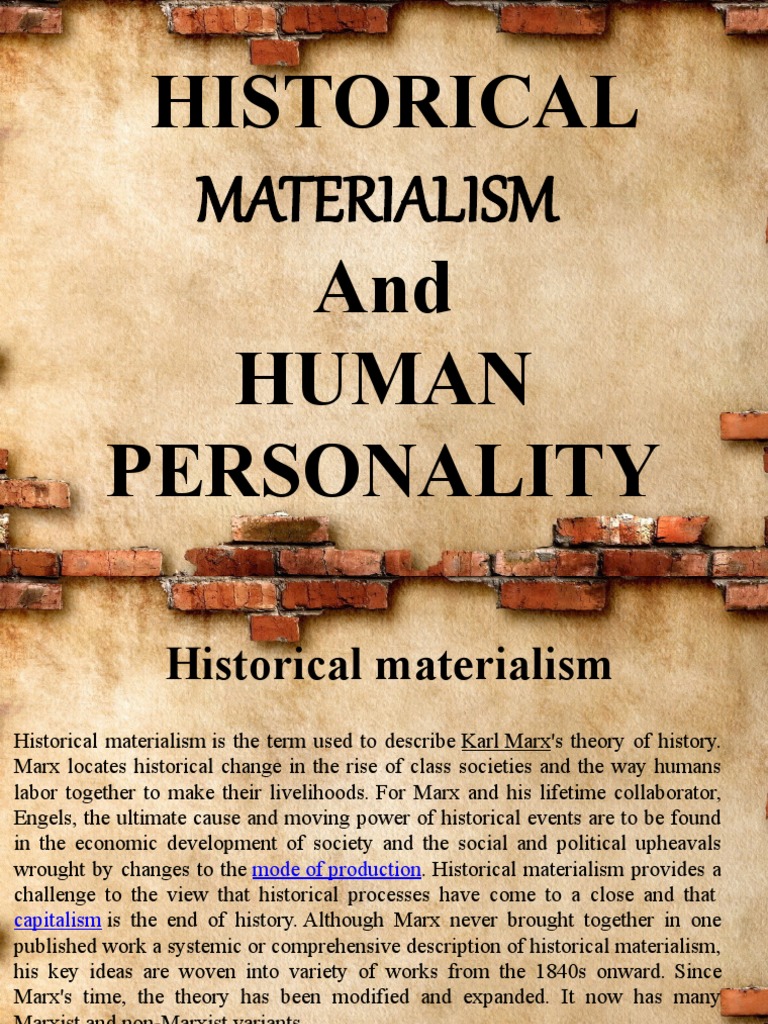In this epoch of human civilization, an increasingly prevalent fascination emerges regarding the dichotomy between materialism and the quest for deeper spiritual understanding. Many observe that while material pursuits have dominated contemporary society, an undercurrent of yearning for transcendence persists. This duality prompts an examination of Bahá’í teachings, which articulate a profound vision for the evolution of the human race beyond mere material existence.
The Bahá’í Faith posits that humanity is on the cusp of a transformative journey, one that involves the elevation of the collective human consciousness. At the crux of this transformation lies the recognition that material possessions and transient pleasures do not satiate the intrinsic human need for meaning, purpose, and interconnectedness. This acknowledgment underscores the Bahá’í belief that our true essence is spiritual, a notion that echoes through many philosophical traditions yet finds a distinct expression within Bahá’í doctrine.
Central to Bahá’í teachings is the idea of unity—a principle that emphasizes the oneness of humanity and the interdependence of all human beings. This notion is not merely a sentimental ideal but rather a foundational pillar that seeks to inspire individuals to transcend their egoistic tendencies and material desires. The emphasis on unity cultivates a broader awareness, compelling people to realize their responsibilities towards one another and the world at large. It invites a critical self-reflection that catalyzes personal and collective evolution.
The principle of the oneness of humanity serves as both a philosophical and practical guide in moving beyond materialism. As individuals embrace this concept, they are prompted to evaluate their values and priorities. The Bahá’í writings articulate that material wealth, while it can facilitate comfort, is ultimately devoid of lasting significance unless it is wielded in service to humanity. This reorientation of purpose can lead to a burgeoning movement towards altruism and collective welfare—hallmarks of an evolved society.
Moreover, the Bahá’í Faith emphasizes that humanity’s progression is inextricably linked to the advancement of civilization as a whole. Such advancement is anchored in social and moral development alongside scientific and technological progress. As individuals recognize the necessity of nurturing their spiritual capacities—qualities such as compassion, forgiveness, and integrity—they are better equipped to harness the innovations of the material world for the greater good. This synergy between spiritual and material development delineates a path towards a more harmonious existence.
Reflecting on historical trajectories, one can observe that civilizations evolve through epochs characterized by heightened awareness. This cyclical pattern suggests that the current era, rife with challenges stemming from rampant materialism—such as environmental degradation, social inequality, and cultural disintegration—can precipitate a significant shift in collective consciousness. Bahá’ís advocate for a proactive stance that encourages individuals to partake in the renewal of society through the cultivation of virtues that transcend material concerns.
The articulation of a new vision for the human race hinges on education, a tenet deeply revered within the Bahá’í framework. Education serves not only as a vehicle for intellectual growth but also as a catalyst for moral fortification. The Bahá’í teachings assert that fostering an educated populace is imperative for dismantling the walls of prejudice and ignorance that undergird materialistic inclinations. Through the propagation of principles that inspire critical thinking and ethical discernment, societies can evolve beyond the superficial attractions of material wealth, gravitating instead towards a more profound fulfillment.
Additionally, Bahá’í teachings underscore the significance of fostering a spiritual atmosphere within communities. This entails creating environments that nurture dialogue, encourage artistic expression, and cultivate a shared sense of purpose. Such communal settings provide fertile ground for individuals to explore their spiritual identities while engaging in cooperative actions focused on collective advancement. The interplay between individual exploration and communal responsibility exemplifies a model through which society might collectively transcend materialism.
The Bahá’í vision extends to the practical application of harnessing technological advancements in ways that reflect spiritual values. The integrated approach encourages individuals and communities to engage with technology not merely as instruments for amassing wealth but as means for enhancing the quality of life for all. When technology is wielded with a mindset rooted in service and responsibility, its potential to uplift humanity is vastly amplified—indicative of evolution beyond materialistic constraints.
As we navigate the complexities inherent in the current epoch, it becomes increasingly evident that the journey towards evolving beyond materialism is contingent upon recognizing the interwoven nature of existence. The teachings of the Bahá’í Faith provide a framework that highlights the potential for collective transformation rooted in shared spiritual insights. This journey is not merely aspirational; it is a necessity that beckons humanity to engage fully with the spiritual dimensions of our existence.
In conclusion, the Bahá’í teachings invite a profound reconsideration of the human experience, insisting that evolution beyond materialism is not only possible but imperative. As individuals cultivate spiritual attributes, embrace unity, and foster educating values, they contribute to a larger narrative—one that heralds a new civilization wherein material pursuits serve humanity’s higher aspirations. To evolve is to embrace our innate spiritual essence, navigate challenges with wisdom, and reimagine a world where love and unity prevail over the ephemeral allure of material wealth.
